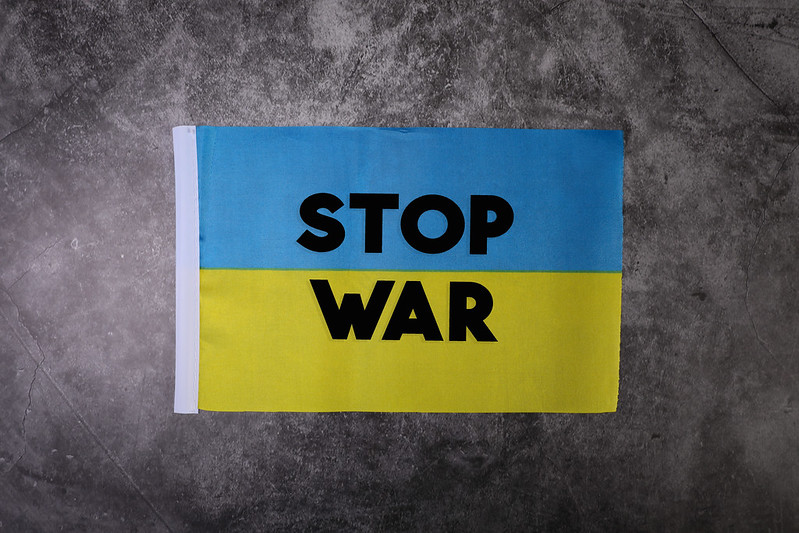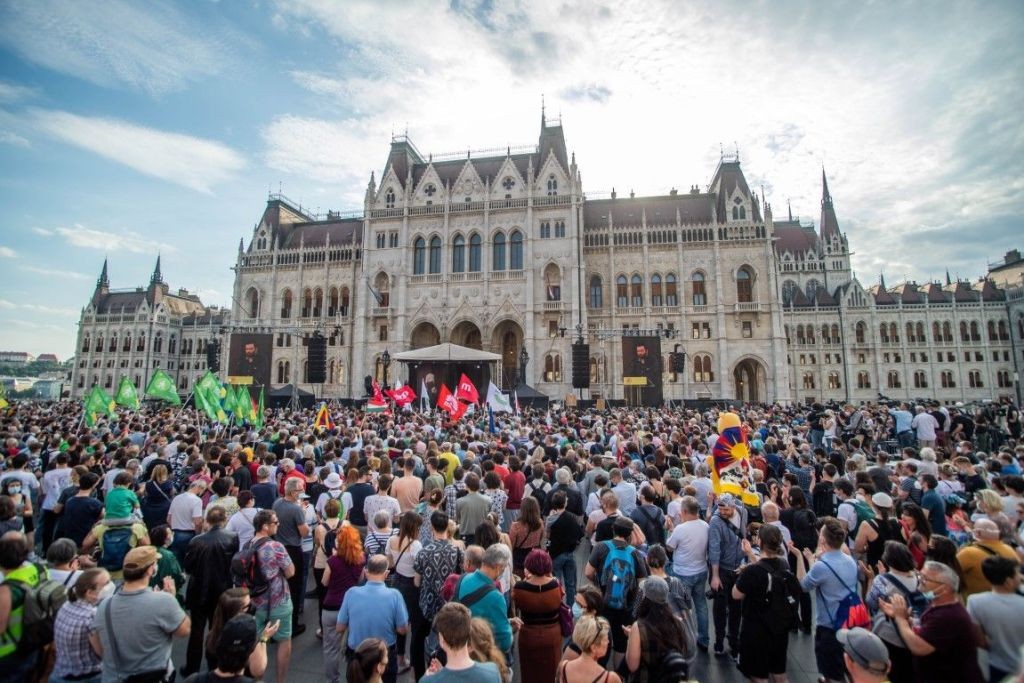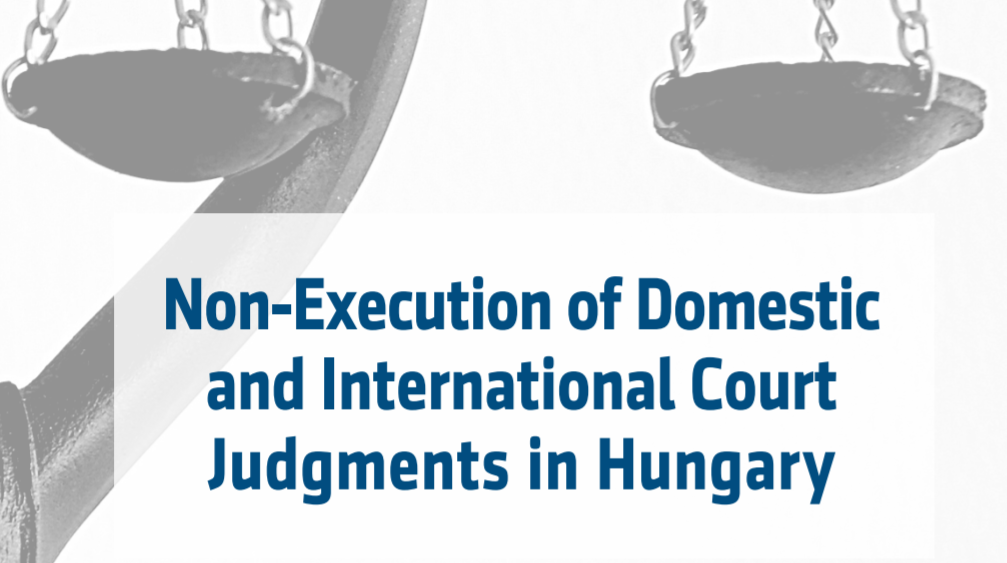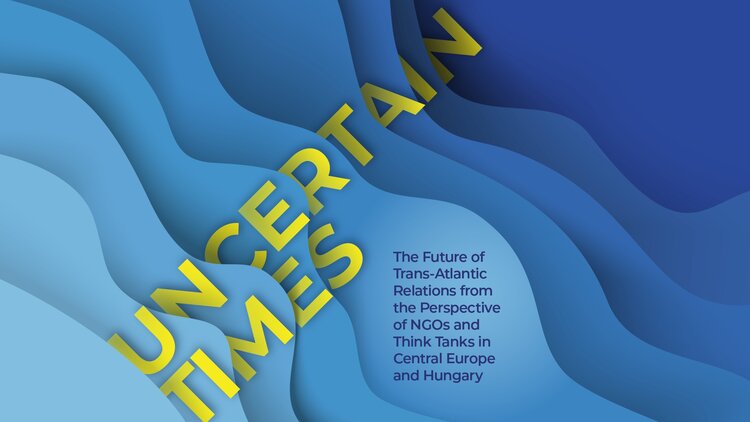
No Arms Deliveries to Ukraine, To Protect Hungarians?
It is likely that most voters in Hungary will see Orbán\'s argumentation as a distraction from his close political ties to Putin and a distraction from the close interconnection of Orbán\'s oligarchic environment to Putin\'s oligarchic environment.







![Finish Line: Forecasting 2022 Hungarian Elections [CONFERENCE REPORT] Finish Line: Forecasting 2022 Hungarian Elections [CONFERENCE REPORT]](http://4liberty.eu/phidroav/2021/11/vote-elections-1024x601.jpg)



